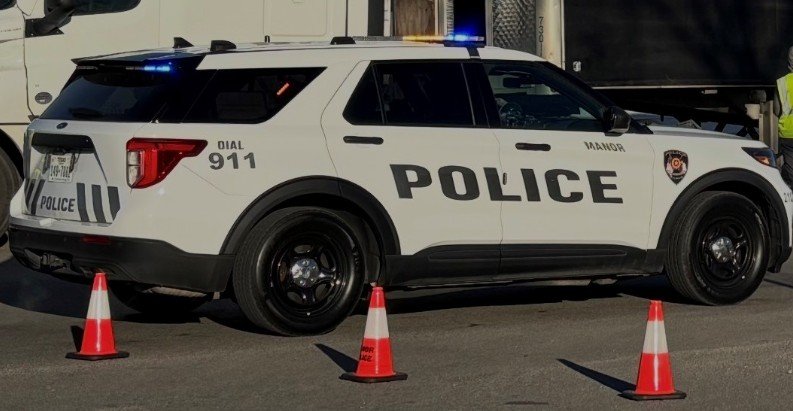DNA Advances Identify Deceased Man as Serial Rapist in Decades-Old Bastrop County Cold Cases

BASTROP COUNTY, Texas—After nearly three decades of investigation, law enforcement officials have identified the serial suspect believed responsible for the sexual assault of several elderly women in Bastrop County between 1997 and 2005. The suspect was identified as Emory Earl McVay, who died in 2010 at the age of 48.
The investigation, led by the Texas Rangers, linked McVay to three separate sexual assaults that shared a similar pattern of a male suspect breaking into an elderly woman’s residence.
The Investigation Spans Three Decades
The first major break occurred after a sexual assault on March 27, 2004. Investigators submitted DNA to the Combined DNA Index System (CODIS). Later that year, the Texas Department of Public Safety’s (DPS) Crime Laboratory noted a possible DNA match between the 2004 case and two other incidents:
- A sexual assault in Smithville from July 1997.
- A third sexual assault with a similar narrative from July 2005.
Despite collecting numerous DNA samples from potential suspects over the years, no matches were found.
The case was revived in 2021 when the Texas Rangers identified it as eligible for testing through the DPS’ Sexual Assault Kit Initiative (SAKI) program. Recently SAKI helped identify a Beaumont serial rapist and help solve a 2016 murder of a Laredo mother. The program uses Department of Justice funding to pursue unsolved sexual assaults.
Advanced DNA testing and genealogy research, conducted by Bode Technologies starting in August 2021, ultimately provided the match.
Suspect Identification
In August 2025, investigators received a positive match identifying Emory Earl McVay, a Bastrop County man with a lengthy criminal history in Central Texas, including multiple convictions for burglary. Investigators subsequently learned that McVay had been deceased for over a decade, precluding an arrest.
The Texas Rangers acknowledged the dedication of the Bastrop County Sheriff’s Office, District Attorney’s Office, Smithville Police Department, Bode Technologies, and the DPS Crime Laboratories, emphasizing that collaborative work keeps cold cases alive and helps bring closure to victims and the community.







